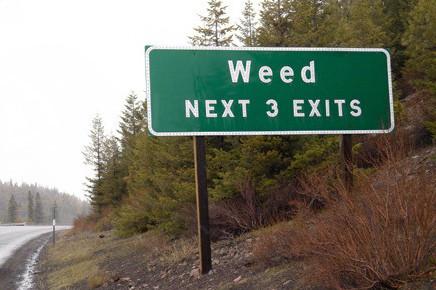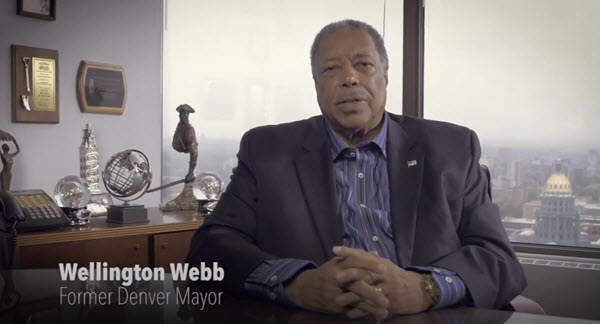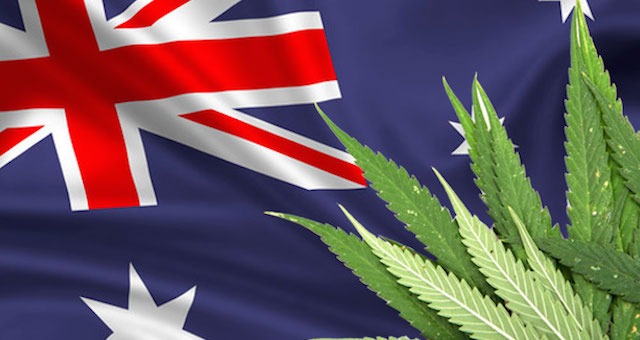
Media Release 15 September 2020
A new study by researchers from the University of Queensland has found that if cannabis was legalised in Australia, 1 in 6 Australian adolescents and 1 in 3 Australian young adults who had not used the drug would try or use it.
The study included 3,052 youths (adolescents aged 12–17 and young adults aged 18–25 years) in Australia who participated in the 2016 National Drug Strategy Household Survey.
It was estimated that 17% of adolescents would try for the first time (13%) or use (4%), and 32% of young adults would try (15%) or use (17%) cannabis if it were legal. Among those who reported an intention to try it, 85% of adolescents and 59% of young adults had never used cannabis before. These translate to 199,000 and 238,000 potential initiators, respectively.
This would equate to 40,000 adolescents and almost 48,000 young adults in New Zealand who would try cannabis, based on comparable population size of both countries.
The results are comparable to a similar analysis of Monitoring the Future 2007–2011, a national survey of senior students in the USA, which found that 18% of lifetime cannabis users reported an intent to use cannabis more often if it were legal. And a Monitoring the Future survey released in 2018 found that one in four U.S. high school seniors would try marijuana or use it more often if it was legal.
A new survey released by the state of Colorado just last month found that marijuana use has skyrocketed in the last two years with nearly 21% of young people in the state reporting past month use. Notably, use in young teens (aged 15 and younger) has increased 15.5% from 2017 (the last time data was collected). According to the data, part of the Healthy Kids Colorado Survey, since 2017, past month marijuana use among those aged 15 or younger has increased 14.8%, 16 or 17-year-olds has increased 3.0%, and 18 or older has increased 1.9%. Overall, marijuana use amongst all age groups has risen 6.2%.
Nationwide, the Substance Abuse and Mental Health Services Administration (SAMHSA) released the 2017-2018 National Survey on Drug Use and Health (NSDUH) State Estimates in December 2019, which showed that past year and past month marijuana use among 12 to 17 year-olds in “legal” states increased around 3.5%, each from 2016-2017 to 2017-2018. Past year and past month marijuana use among 18 to 25 year-olds increased nearly 4.4% each from 2016-2017 to 2017-2018
In Canada, past 12-month use of cannabis among people aged 16 to 19 years was 44% (an increase from 36% in 2018) and those aged 20 to 24 was 51%, (an increase from 44% in 2018), according to Health Canada, 2019.
ENDS

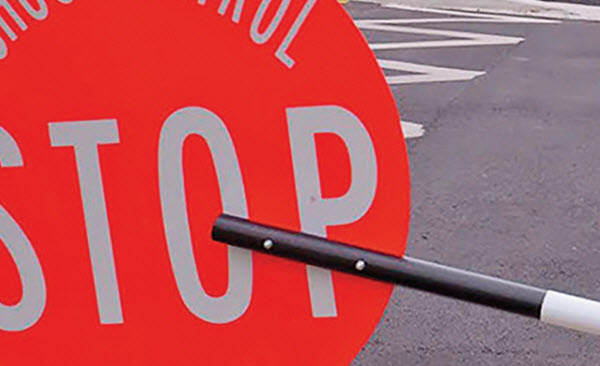

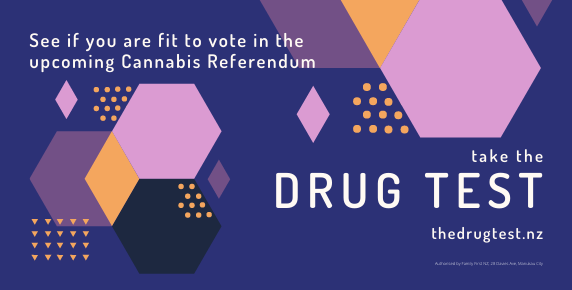


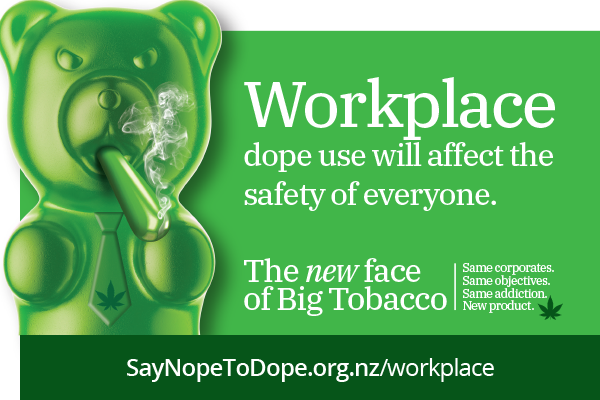
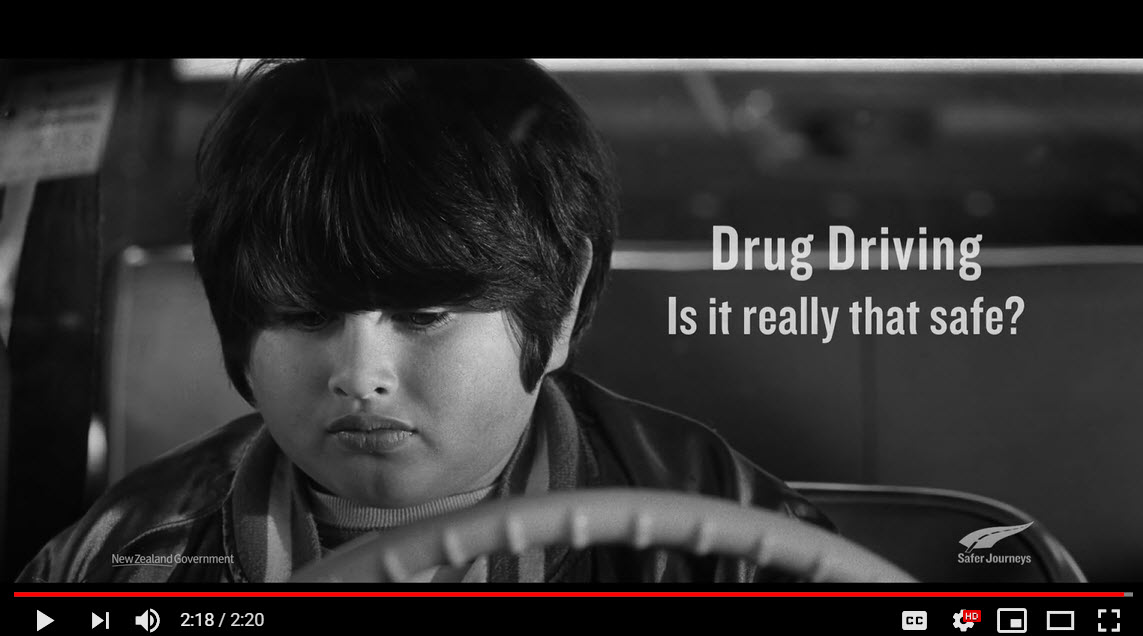
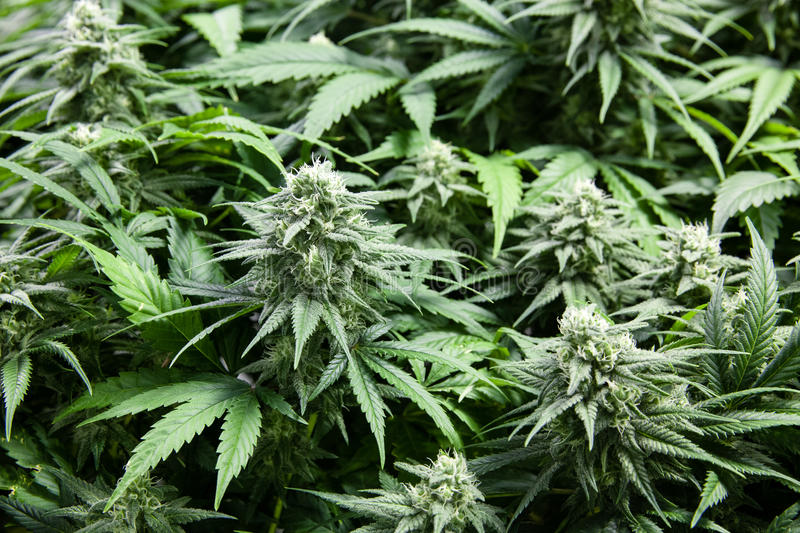
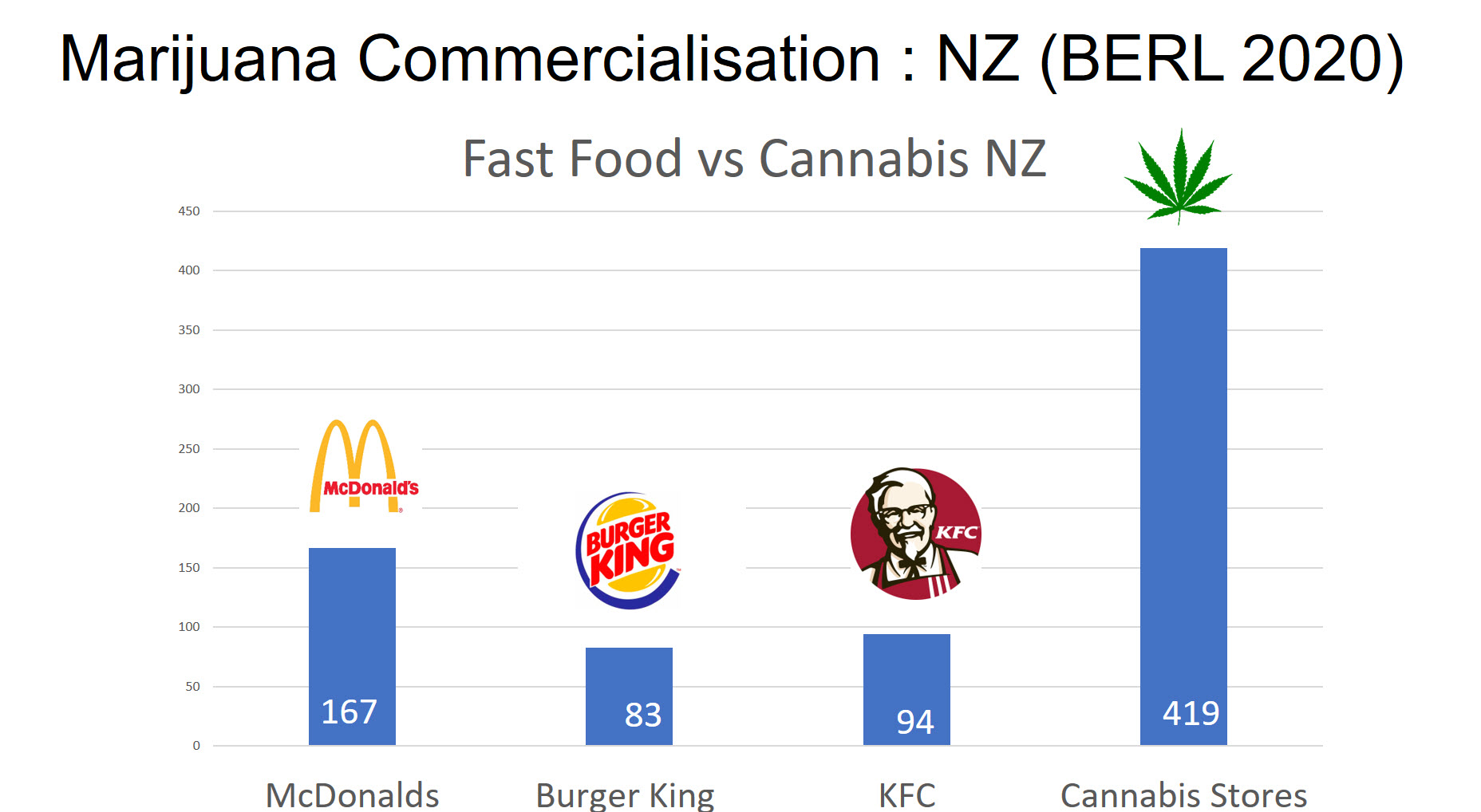
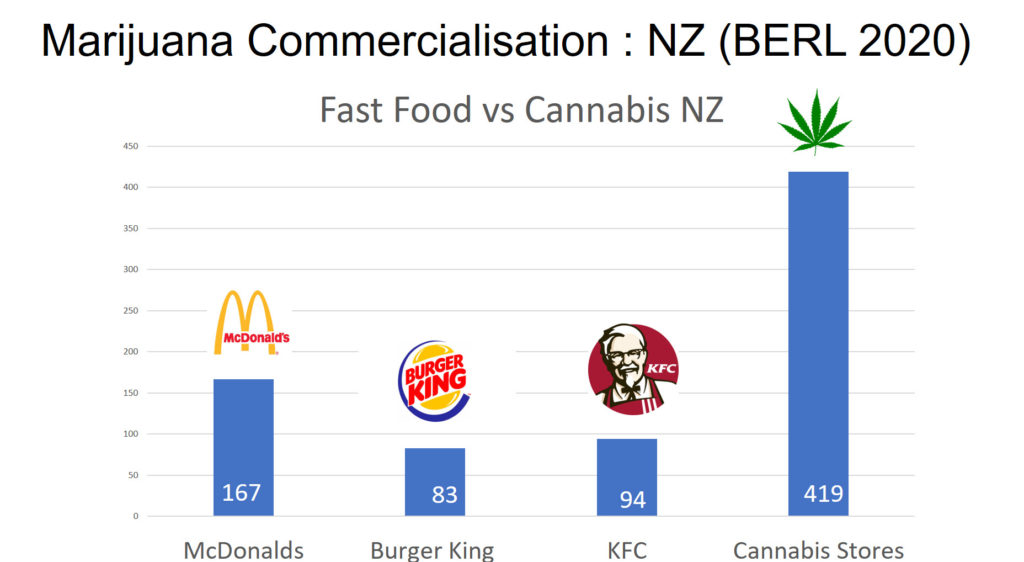 The Say Nope to Dope campaign says that the
The Say Nope to Dope campaign says that the 